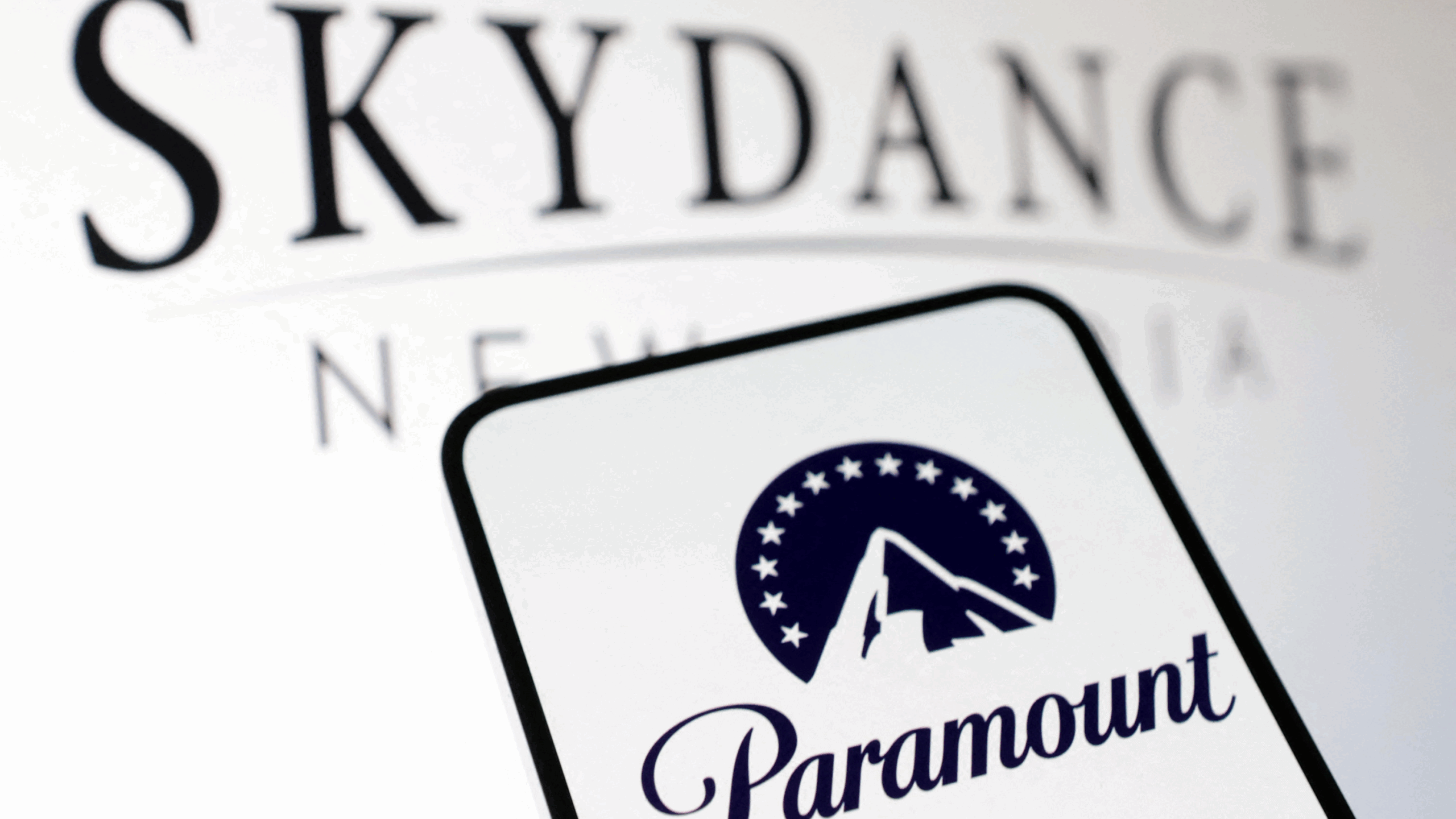In a landmark decision that may redefine the future of American entertainment, the Federal Communications Commission (FCC) has approved an $8 billion merger between Skydance Media and Paramount Global. The deal marks a significant shift in the media industry, merging one of Hollywood’s most storied legacy companies with a fast-growing, independent studio known for blockbuster productions and innovative strategies. Skydance, led by David Ellison—son of Oracle founder Larry Ellison—now stands poised to control an empire that spans film, television, streaming, and digital media.
The merger had been under regulatory review since it was proposed in 2024 and had become increasingly politically sensitive due to the involvement of CBS, a Paramount subsidiary, and recent tensions surrounding editorial practices. With the FCC’s approval, the deal clears its final major hurdle, although neither Paramount nor Skydance has issued a timeline for its full completion.
The commission granted permission to transfer the broadcast licenses of 28 CBS-owned television stations to the newly merged entity, making the acquisition not only symbolic but also operationally significant. This step allows Skydance to take the reins of CBS’s broadcasting operations—critical infrastructure in a media environment still heavily reliant on traditional networks despite the dominance of streaming.
Legal Settlement with Trump Preceded Merger Clearance
The FCC’s decision comes on the heels of a high-profile $16 million legal settlement between Paramount Global and U.S. President Donald Trump. The dispute stemmed from a CBS-aired interview with former Vice President Kamala Harris during the 2024 election cycle. Trump alleged that the 60 Minutes segment had been misleadingly edited to favor the Democratic Party, prompting legal action that risked stalling the FCC’s review of the merger.
To avoid potential delays or a federal block of the acquisition, Paramount opted to resolve the lawsuit through a mediated settlement. While the company did not issue a public apology or accept responsibility, it agreed to allocate the funds not to the president directly, but toward the development of his future presidential library, a move framed as an effort to depoliticize the resolution.
Although the agreement stirred debate, it helped clear the path for regulatory approval. FCC Chair Brendan Carr, appointed by President Trump, endorsed the merger, emphasizing the need for structural reforms in legacy media and praising Skydance’s “fresh vision” for CBS. Carr stated that Americans “no longer trust the legacy national news media to report fully, accurately, and fairly,” framing the deal as an opportunity for change.
Internal Changes and Cultural Shifts Expected at CBS
In its commitment to the FCC, Skydance pledged to implement substantial internal reforms. Chief among these was a promise to uphold unbiased journalism, which included the appointment of an independent ombudsman to handle claims of media bias. Additionally, Skydance committed to ending diversity, equity, and inclusion (DEI) initiatives across the organization—an increasingly politicized topic that aligns with broader cultural shifts championed by conservative factions within the U.S. government.
This move has sparked criticism from civil rights advocates and employees within Paramount’s existing structure, many of whom have expressed concern that eliminating DEI programs could erode workplace equity and representation. However, Skydance has defended the decision as a way to focus on merit-based hiring and journalistic neutrality.
Meanwhile, CBS’s recent announcement to end The Late Show with Stephen Colbert, one of its flagship late-night programs, added further intrigue to the timing of the merger. While CBS claimed the decision was financially motivated, citing increasing production costs and the overall decline in linear television viewership, many speculated about potential political motivations behind the cancellation. Colbert has been a frequent critic of Trump, and the show’s conclusion closely followed the legal settlement and FCC decision.
Paramount’s Legacy and Future Under Skydance Ownership
Founded in 1914, Paramount Pictures is among the oldest and most influential film studios in the world. Throughout its history, it has created enduring cultural touchstones, from The Godfather trilogy to the Star Trek franchise and the Mission: Impossible series. In addition to its cinematic legacy, the company’s portfolio includes streaming service Paramount+, Nickelodeon, MTV, Comedy Central, and BET.
Despite its rich history, Paramount has faced mounting financial pressures in the past decade, driven largely by the shift to streaming and increased competition from digital-native platforms. Industry analysts view the Skydance acquisition as a potential lifeline, offering fresh leadership, capital infusion, and a new strategic direction that may help Paramount adapt to modern viewer behaviors.
For Skydance, the merger represents a massive expansion. Originally launched in 2010, the company quickly built a reputation for high-performance productions and strong partnerships, including collaborations with top-tier talent and major studios. Now armed with Paramount’s infrastructure, Skydance is positioned to challenge giants like Disney, Netflix, and Amazon more directly.
The FCC’s 2-1 vote to approve the merger reflects broader tensions about the direction of media in the United States. Commissioner Anna Gomez, the lone dissenting vote and a Democrat, sharply criticized the approval, suggesting that the deal is the result of “cowardly capitulation” and warning that “it is the American public who will ultimately pay the price.”
Yet for supporters of the merger, the move represents a necessary evolution of a media industry caught between political polarization, financial instability, and rapid technological transformation. Whether Skydance can balance its promises of reform with the legacy of a century-old institution remains to be seen, but the eyes of the industry—and the public—will be watching closely.



